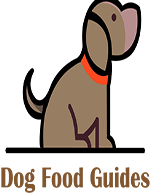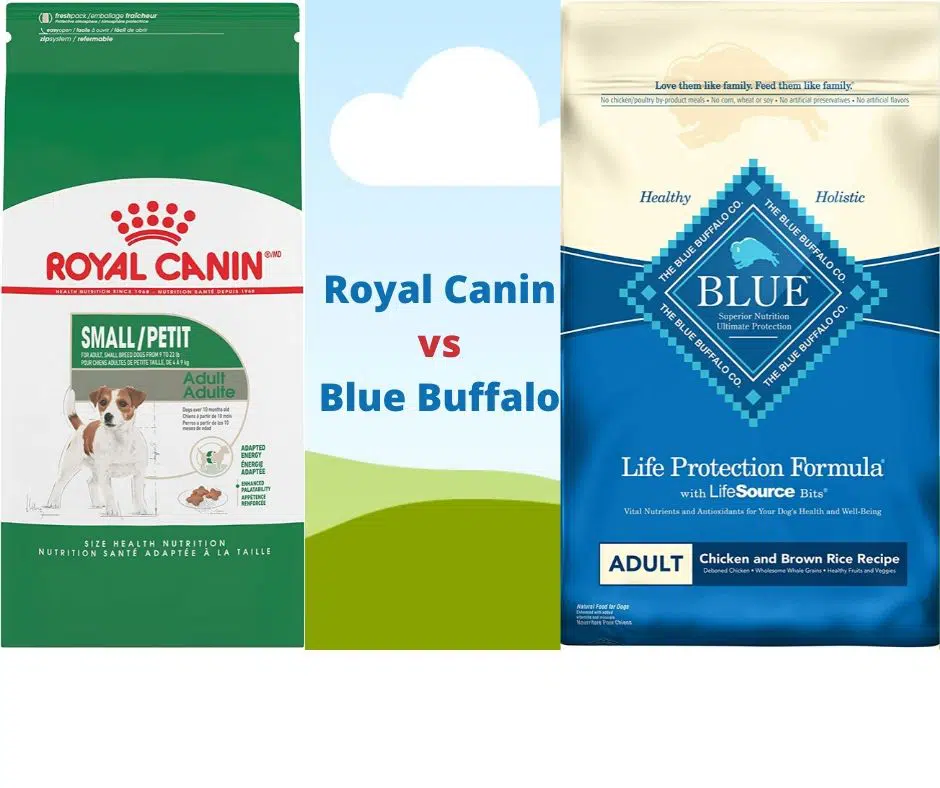This post may contain affiliate links. If you use these links to buy something we may earn a small commission. Thanks.
Having a Husky with an upset stomach can be a cause for concern. The first point of action should always be to consult your veterinarian to rule out serious conditions. It’s important to understand that the advice provided in this article is meant for mild cases of upset stomach, and does not replace professional veterinary advice.
Bland Diet
When your Husky is dealing with an upset stomach, one of the most recommended solutions is to provide them with a bland diet. This diet includes easily digestible foods such as skinless, unseasoned boiled chicken and plain white rice. Some pet owners also substitute boiled lean ground turkey in place of chicken.
Use of Pumpkin
Plain canned pumpkin can also be a great dietary addition for your Husky during this time. It is high in fiber and can assist in regulating the digestive system. However, be careful not to confuse pure pumpkin with pumpkin pie mix, which contains sugars and spices that may exacerbate your dog’s stomach issues.
Benefits of Bone Broth
Bone broth, being gentle on the stomach, can soothe digestive issues. It’s a nutritious option that can aid in your Husky’s recovery. But remember, the broth should be free of onions, garlic, and excessive salt, which can be harmful to dogs.
Incorporating Probiotics
Adding probiotics to your dog’s diet can be helpful in restoring a healthy balance to their gut bacteria, especially if their upset stomach is due to an imbalance. It’s crucial, however, to consult your vet to choose the right probiotic supplement for your Husky.
Specially Formulated Foods for Sensitive Stomachs
There are foods specifically formulated for dogs with sensitive stomachs. These foods are often easier for your Husky to digest and can help in calming their upset stomach. Remember to introduce these new foods slowly to prevent further discomfort.
Importance of Hydration
Hydration is key, particularly when your Husky has been vomiting or experiencing diarrhea. It’s vital to ensure they have constant access to fresh water. In severe dehydration cases, your vet might recommend an electrolyte solution to help replenish lost fluids and electrolytes.
Monitoring and Follow-up
While implementing these dietary changes, it’s important to keep a close eye on your Husky’s condition. Look out for signs of worsening symptoms such as continued weight loss, lethargy, or inability to keep food down. If these occur, consult your vet immediately.
Feeding a Husky with a sensitive stomach requires a careful selection of dog food that will not further aggravate their condition. Here are some dog food brands that were known for producing high-quality food designed for dogs with sensitive stomachs:
- Blue Buffalo Basics Limited Ingredient Diet: This dog food is designed to provide all the necessary nutrients for your dog, without including common irritants. It’s grain-free and uses a single animal protein source, which can be helpful for dogs with sensitive stomachs.
- Natural Balance L.I.D. Limited Ingredient Diets Sweet Potato & Fish Formula: This grain-free formula uses a limited number of protein and carbohydrate sources, which can help dogs with sensitive stomachs.
- Hill’s Science Diet Adult Sensitive Stomach & Skin: This food is designed specifically for dogs with sensitive stomachs and skin, and is made with easy-to-digest ingredients.
- Purina Pro Plan FOCUS Sensitive Skin & Stomach Adult Dry Dog Food: This diet features salmon as the first ingredient, and includes prebiotic fiber for digestive health.
- Canidae PURE Grain-Free Limited Ingredient Salmon & Sweet Potato Recipe Dry Dog Food: This recipe uses a limited number of ingredients to minimize the chance of digestive problems.
Remember that each dog is unique and may respond differently to various foods. It is important to introduce any new food gradually to your dog’s diet and monitor their response. If your Husky continues to have a sensitive stomach or if their symptoms worsen after a diet change, please consult with a veterinarian as it may be a sign of a more serious condition.
Five frequently asked questions about feeding a Husky with a sensitive stomach
- What are the common symptoms of a sensitive stomach in Huskies? The common symptoms can include vomiting, diarrhea, loss of appetite, lethargy, bloating, and excessive gas. If these symptoms persist or worsen, it’s essential to seek veterinary advice.
- How can I determine if my Husky’s upset stomach is due to the food they’re eating? Food-related upset stomachs often result in symptoms like vomiting and diarrhea shortly after eating. A food intolerance or allergy might also lead to skin issues. A vet can help determine whether the food is the problem and might suggest an elimination diet to identify problematic ingredients.
- How should I transition my Husky to a new diet for sensitive stomachs? It’s recommended to gradually introduce new food over a week or more. Start by replacing a small portion of their current food with the new food and increase the new food’s proportion over time. This gradual switch can help avoid further upsetting your dog’s stomach.
- Are there any specific ingredients I should avoid in my Husky’s diet if they have a sensitive stomach? Some dogs are sensitive to specific protein sources, grains, artificial colors, flavors, or preservatives. An elimination diet, guided by a vet, can help identify the problematic ingredients for your individual dog.
- How long does it take for a dog to adjust to a new diet for sensitive stomachs? Every dog is different, but generally, it can take a few days to a few weeks for a dog to fully adjust to a new diet. During this period, it’s important to monitor your dog’s reaction to the new food and consult your vet if any concerning symptoms appear.
Conclusion
Although these recommendations can help your Husky navigate through a bout of an upset stomach, remember that professional veterinary advice is irreplaceable. These feeding strategies should only be part of a plan developed in consultation with your vet. Your furry friend’s health is paramount, and maintaining a close relationship with your veterinarian is key to keeping them healthy and happy.


